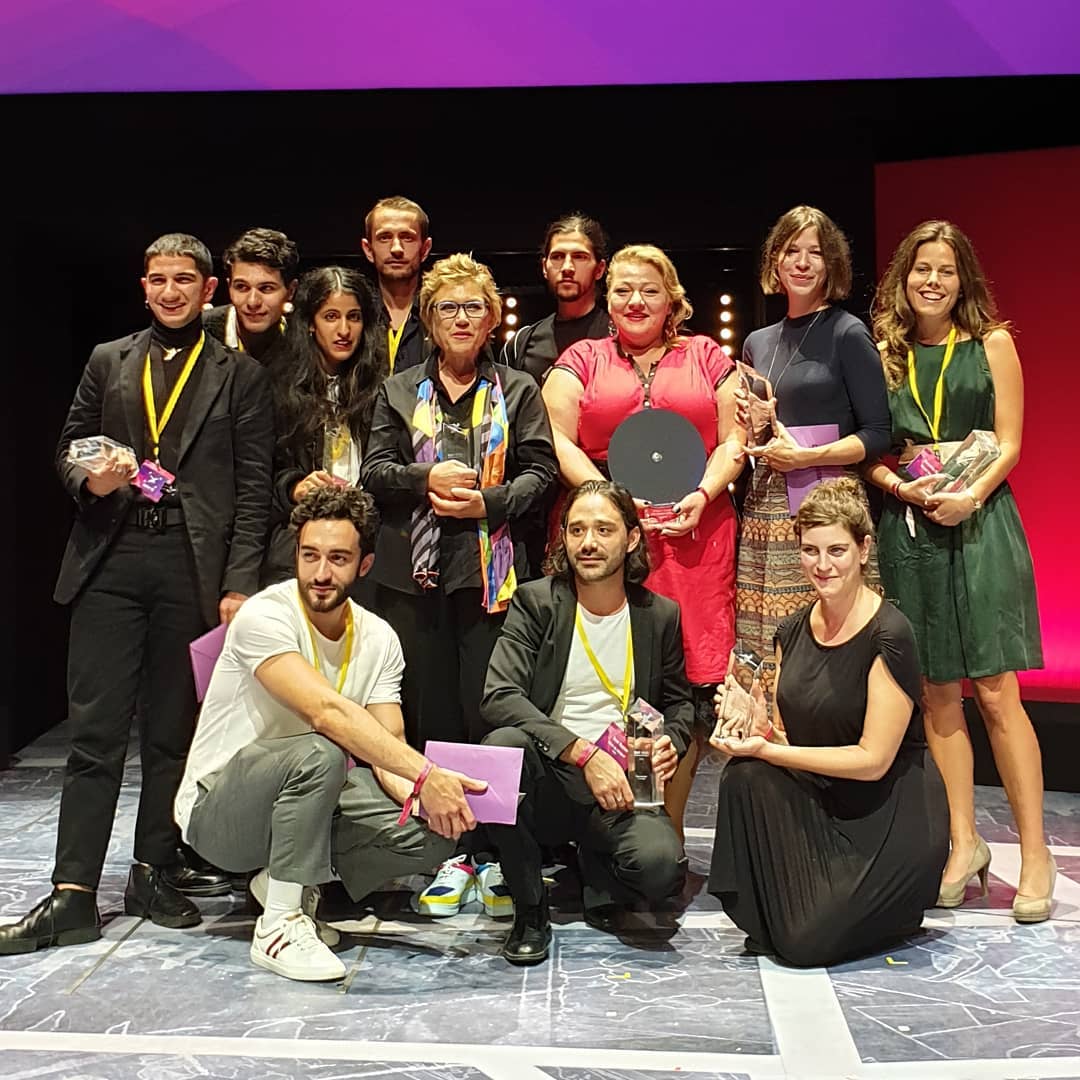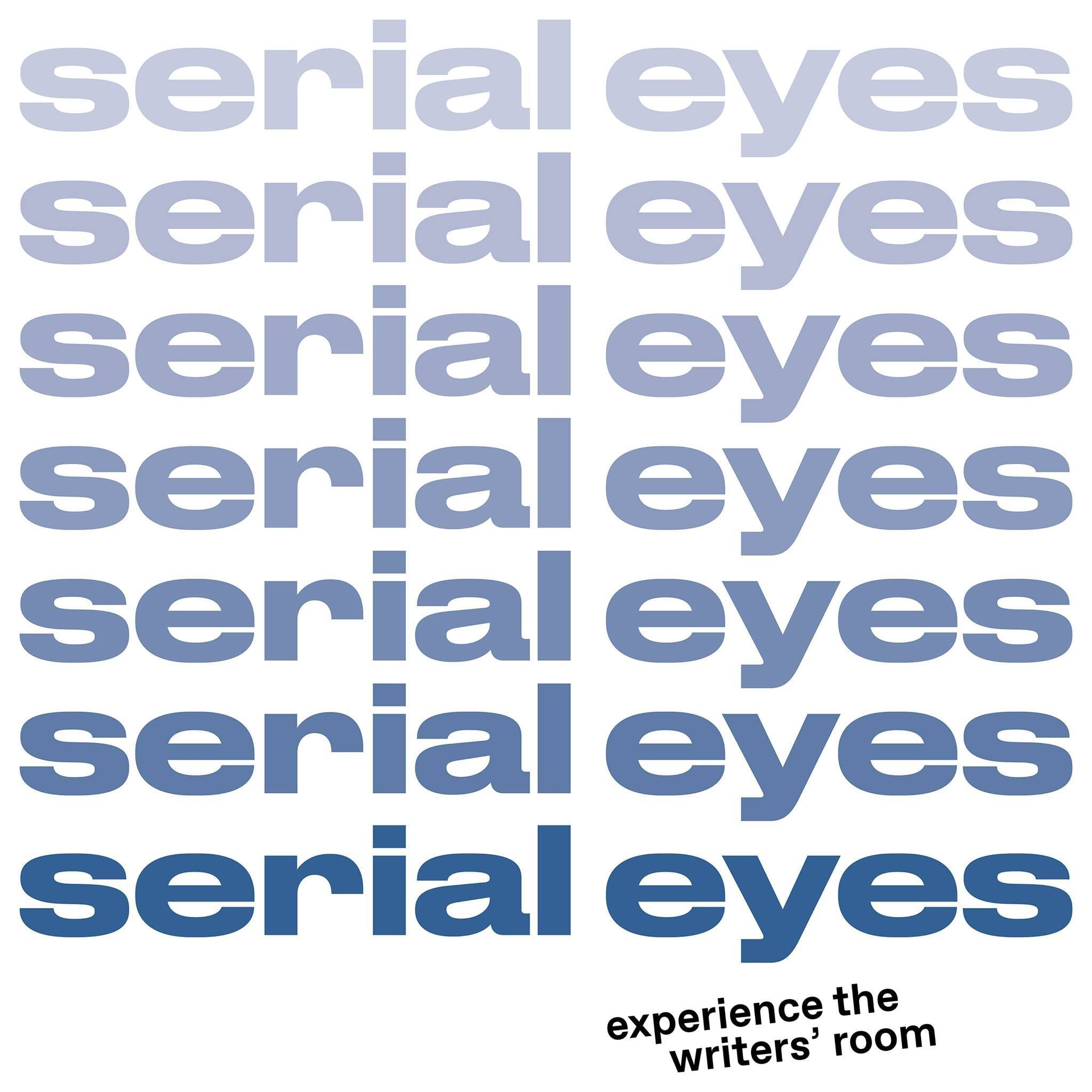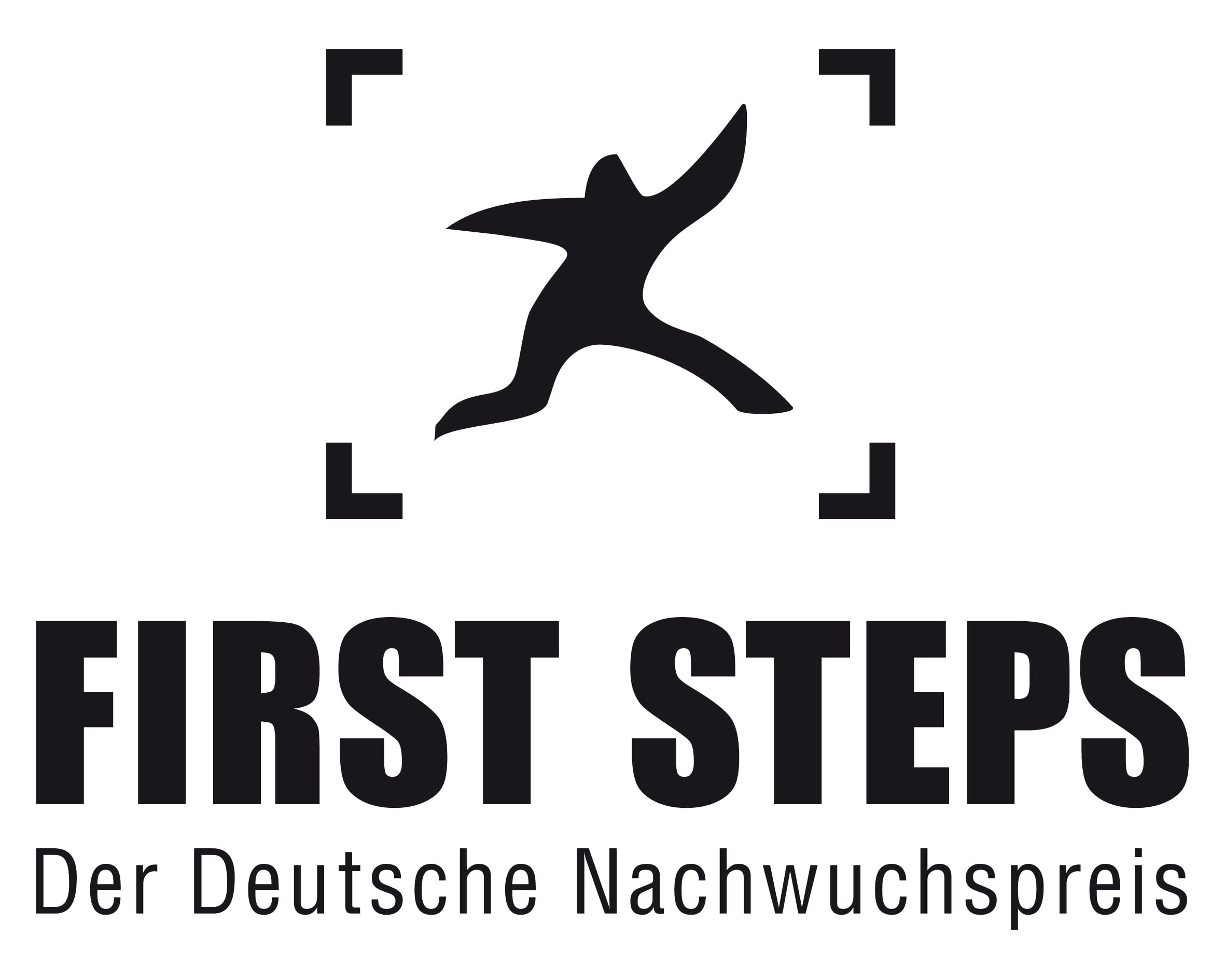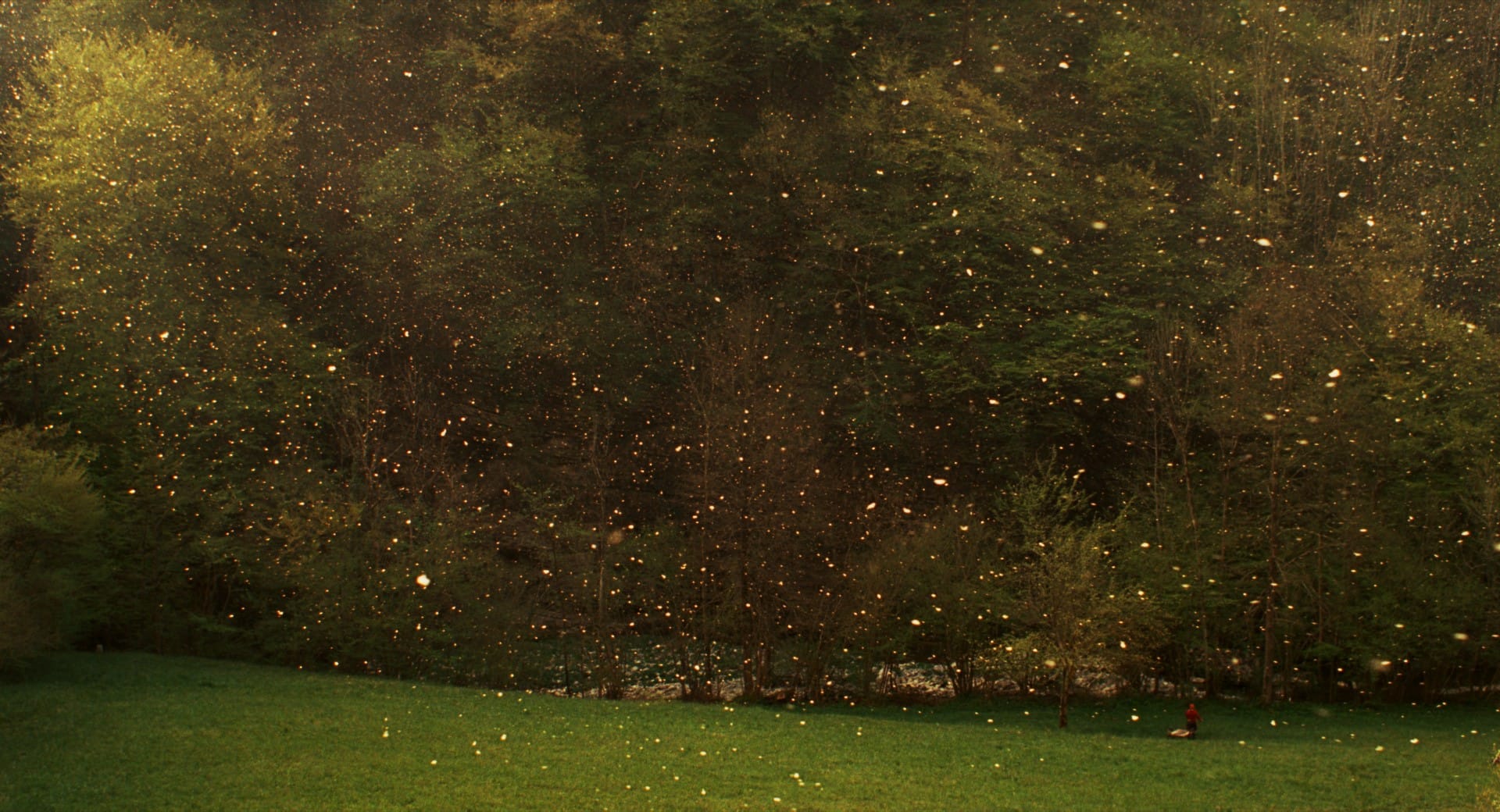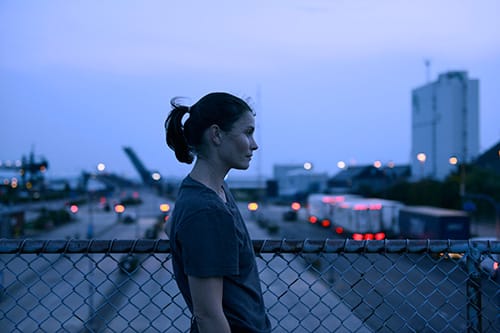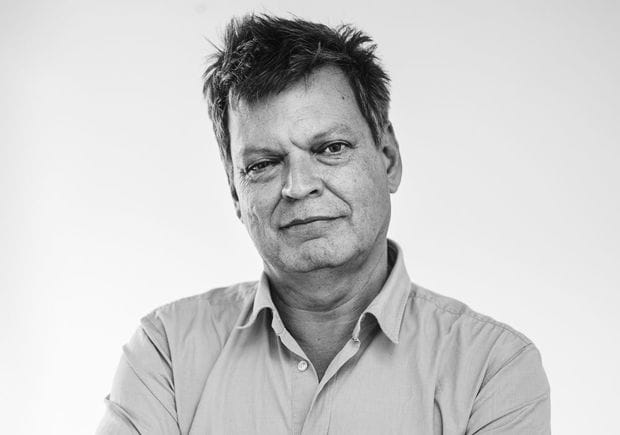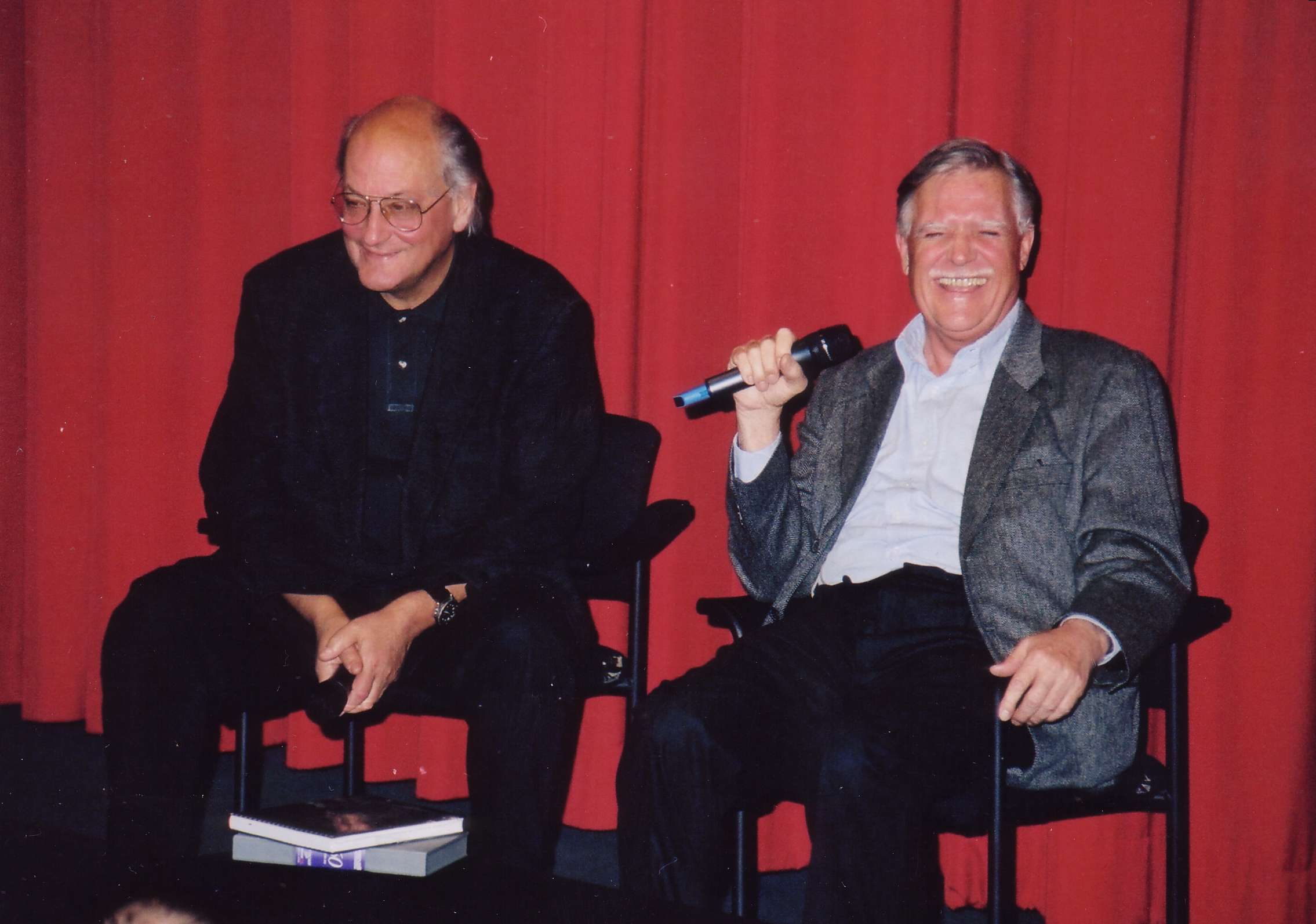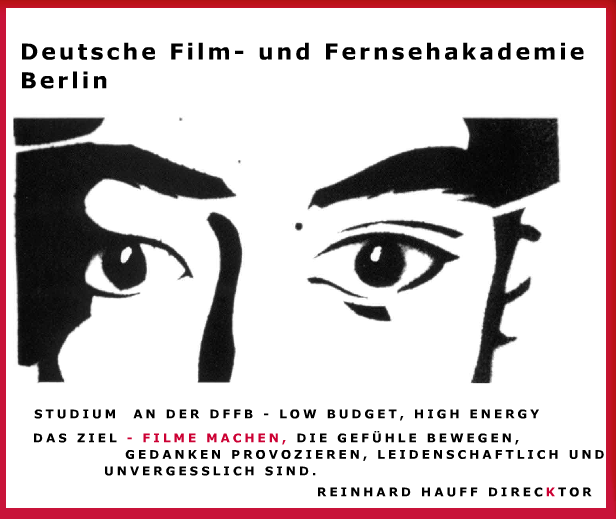Cineuropa: What is your experience of being the head of DFFB for the last three years, and what challenges have there been?
Ben Gibson: It has been a busy three years, with lively internal discussion about improvements that will support this creative community and add to its work, and it’s also been a very successful period for DFFB filmmakers. We also had four feature-length graduation films, with the support of rbb and ZDF, at the Berlinale this last year. Our main challenge has be
en to add strands of work to an institution that has built up a rich culture incrementally, over many years. DFFB is so special partly because it just doesn’t do that aspirational, silo-orientated training for an imaginary film factory. It brings together hard-working, brave types who want to become artisanal filmmakers with a deep knowledge of the whole machine, and to debate why they make films and how they contribute to our world, for their whole careers. That’s exciting.
Is anything changing?
We are becoming more internationalist – in terms of teaching, partnerships and students – while still remaining a German Akademie; we are adding to the teaching structure to incorporate even more craft; we’ve opened a study stream for editing and sound; we’re integrating the screenwriters, who now make films in the first, generalist year; we have initiatives about other constituencies and Berlin (the Berlin Film Network), as well as the Central European Feature Project with Lodz and FAMU, and an International Producers’ Programme; we are “platform-neutral”, with more web series, serial dramas and expanded storytelling; and we’re starting work on plans for a better home, in the old airport at Tempelhof.
You are launching NEXT WAVE, an intensive training programme focused on film markets. Why was it needed?
NEXT WAVE might look like an “unnece
ssary addition” to some people in these markets: it’s professional-level training for people who want to contribute in sales, distribution, marketing, exhibition, programming and new routes to audiences, on all platforms. But NEXT WAVE is more than just a course. First, we want to bring everyone trying to bring films and audiences together into one room, even though the business keeps them apart. Second, this is a programme that challenges the participants to construct new business models, those needed for a new generation of viewership and cinephilia, on new platforms. On the simplest level, how do analogue film distribution patterns meet new, digitally gathered communities? But we’re asking bigger questions: what will the new cinephilia be about, who will identify with it, and why? The participants will devote two weeks a month, for nine months, to joint study and research.
It’s starting in October; what are your expectations for the programme, and who might the “right” participants for it be?
There’s really no “ideal” participant. One thing that has had a big impact on me is having been an exhibitor and a distributor, and then becoming a producer. Now, in the USA, that’s the gener
al model, but in Europe, so many producers are totally outside of the market community, looking at it passively as a “service”. So, first of all, the producers who are serious about understanding the whole of their business must come and contribute. The new programmers, curators, people scouting films at festivals for small distributors or other festivals, people who dream of setting up specialist sales companies, people who want to work in marketing all kinds of IP in ways that bring together artist and audience properly – all of these people should come.
In the first year [of the initial three-year cycle], we need to find out how best to serve as an R&D activity in European cinema, asking our partners and supporters for interesting problems to solve. And we need to see how participants can work on their own interests and businesses while also contributing to the sum of knowledge we’ll bring together at the final colloquium in June.
DFFB is not alone in NEXT WAVE; who are your partners, and what is their role in the training programme?
Yes, we’re working with La Fémis in Paris, with the Danish National School in Copenhagen and with FAMU in Prague. The participants in NEXT WAVE – which is an EU-funded MEDIA training programme, like our Serial Eyes and UpGrade projects have been – will be young professionals seeking further training. These schools are committed to this area, and will host teaching and learning activities, recruiting local pro
fessionals. They’ll also contribute to an academic panel supporting course director Lysann Windisch. Many other institutions and businesses, from Europa Cinemas and Le Pacte to Mubi and The Co-production Office, will be contributing ideas, questions and mentorship, coming with us on the journey.
DFFB has been known for its more auteur-driven profile; do you think that the launch of an international market-orientated programme will alter its character?
I’m not sure that “market-orientated” has a useful meaning here. DFFB isn’t interested in generating standard products, and it doesn’t believe in standard audiences. We make films for other people, like all of the filmmakers we respect. The “auteur” represents two ideas for me here: both freedom of expression and singular style; and the marketing of brilliant ensembles and workshops of excellent independent cinema, by using only one name for the team – that of the writer-director. That’s called the “talent franchise”, and it’s a vital part of the European film business. NEXT WAVE fits in very well with DFFB, a school that is consistently capturing real audiences for real filmmaking.
link to cineuropa
